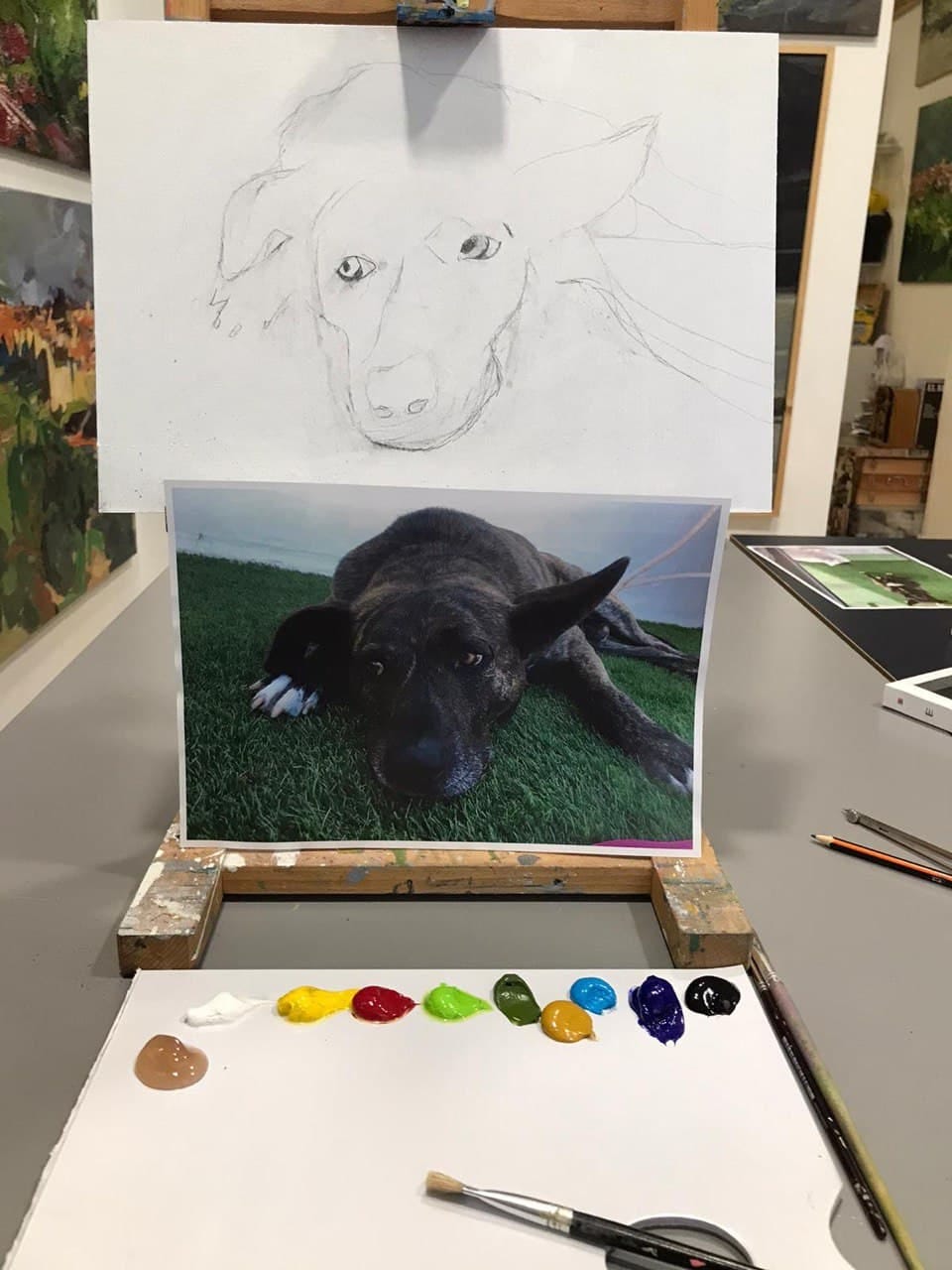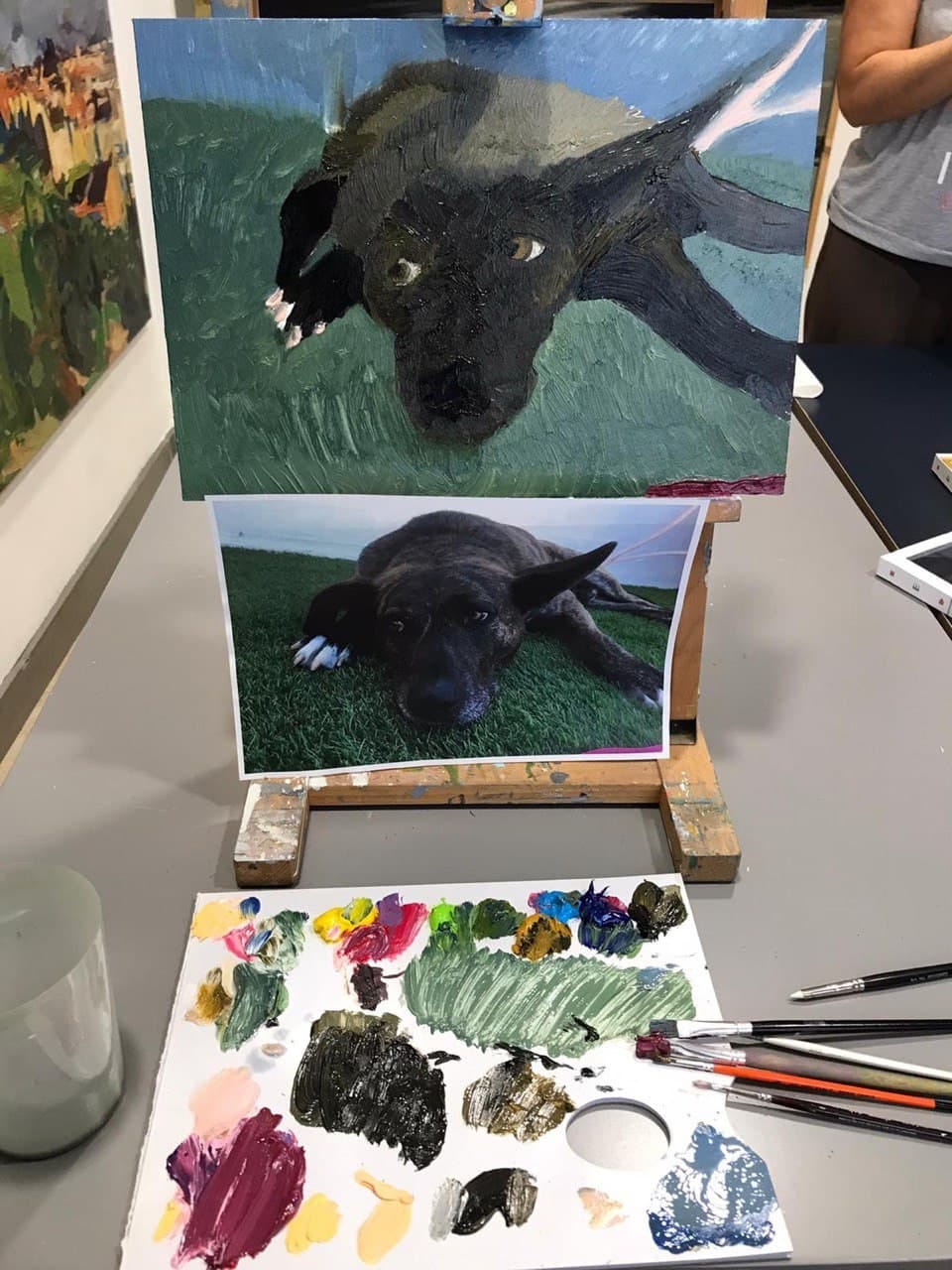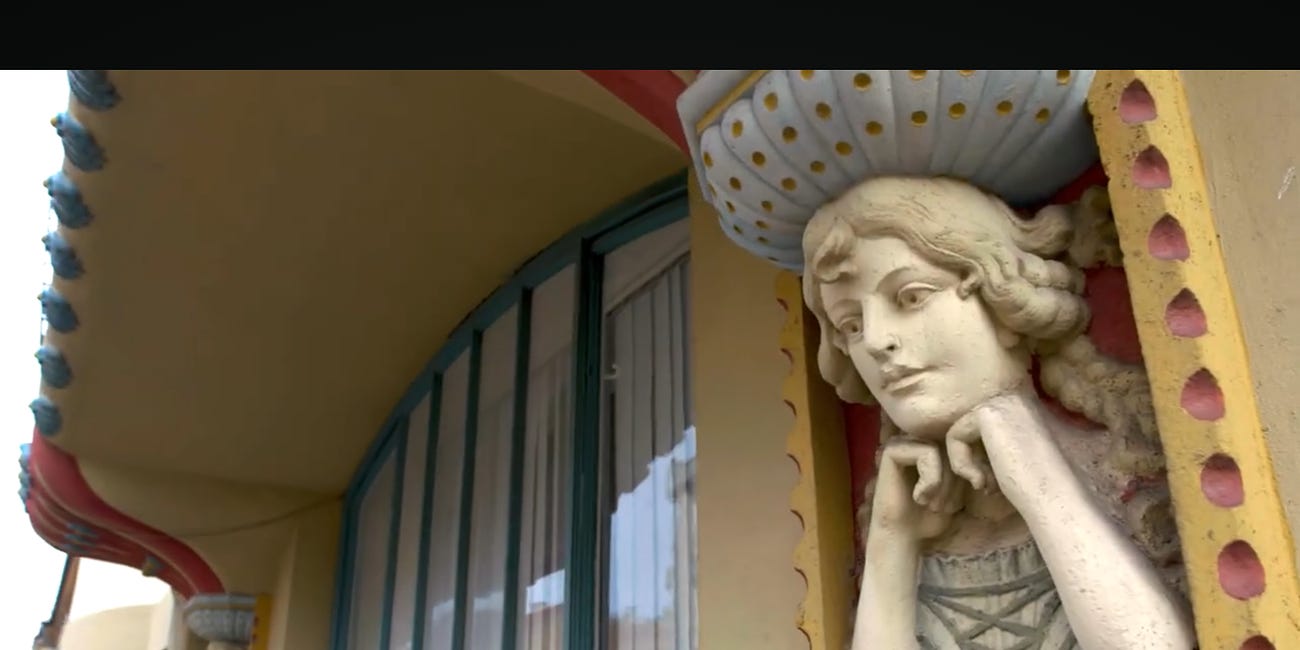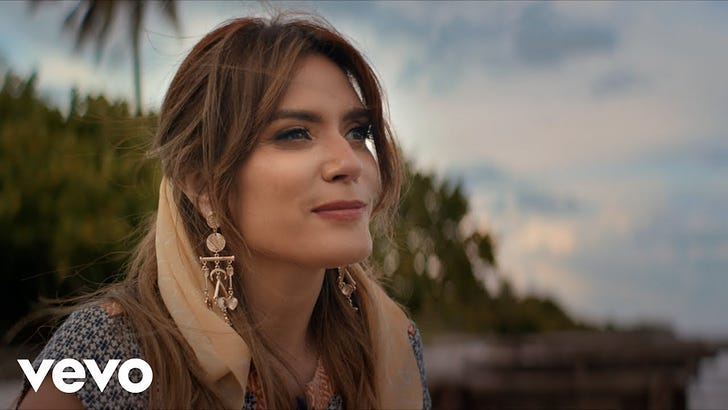Health Homework (31) Let yourself be Creative
Playing and giving are closely related; they are the behavioral and transactional facets of the same impulse. The core reward is the experience of the activity itself
“Play is always voluntary. Playing and giving are closely related; they are the behavioral and transactional facets of the same impulse. The core reward is the experience of the activity itself (whatever it is).”
Most of us need a break from the work-and-responsibility routines
Many of us—indeed perhaps most people in the United States and Americas—were raised on daily admonitions to work hard, postpone joy, plan for the future and save for the future. While the idea of the work ethic clearly has both social value and personal value, we also need to periodically perforate our productive proclivities and simply enjoy, explore, and experience other the nonstrategic and “nonprofit” aspects of life.
We all need a break from the Epidemic-Plandemic-Scamdemic-Stressdemic routine
Furthermore, most of us have been attentive to this international social war that has been waged daily for the past two years. It’s stupid. The rules don’t make sense. The rules change every few days or weeks. The stakes are high and yet we can’t see the people who are fighting against us. We see our noble and innocent comrades and compatriots being killed, wounded, fined, fired, insulted, mistreated and isolated. We are forced to follow dumb rules (like following arrows and lines on the floor) that carry insults and submissions but we are mostly without any recourse to resist; all of our local stores require facemasks and will call the police against anyone who refuses.
So, today’s article is simply about YOU giving YOURSELF permission to take a break, do something creative, fun, and (gasp!) unproductive and non-serious
Maybe you’re already good at the relaxation/creativity/fun part of life, or maybe you overindulge in it. We all have to set our own standards with occasional feedback from trusted and competent friends who might give us some correction like “Hey, you’ve been overworking/overstressing lately” or “Hey, you’re squandering your talents and drifting too much—you’d be better off and ultimately happier if you discipline yourself and commit yourself to doing [whatever it is that can improve your life].
For (perhaps obvious) clarity: I would never give anyone permission to do anything because that permission is not mine to give. You don’t need anyone’s permission to take care of yourself or to do things that you enjoy or that give your life pleasure and meaning.
Be sure to see my other posts on antiviral nutrition, functional medicine clinical protocols, Human Microbiome and Dysbiosis, the critical importance of vitamin D, the utility of NAC, corruption of medicine (PDF) and hijacking of democracy by the technoglobalists, structured thinking vs collapse of the pillars of society, the inflation/shrinkflation/greedflation scam and a wide range of other topics listed in the INDEX OF TOPICS.
What I did today: I took a 2-hour oil painting class
My best-dog-ever died unexpectedly last Monday. On Thursday, I randomly passed by an art studio and —mostly asking on behalf of my girlfriend— inquired about the classes. Today we both attended a 2-hour session, and I started outlining Bruno in oil paints. I’d not drawn with a pencil since 35 years ago and not really painted (except for walls and doors) since about 38 years ago, which is the last time I experimented with water-color painting. You can see the progress in the photos below, interposed with quotes from Bob Black’s famous essay Abolition of Work, which I have also included below in PDF and video formats.
“No one should ever work. That doesn’t mean we have to stop doing things. It does mean creating a new way of life based on play; in other words, a ludic conviviality, commensality, and maybe even art. There is more to play than child’s play, as worthy as that is. I call for a collective adventure in generalized joy and freely interdependent exuberance. Play isn’t passive. Doubtless we all need a lot more time for sheer sloth and slack than we ever enjoy now, regardless of income or occupation, but once recovered from employment-induced exhaustion nearly all of us want to act.”
“You may be wondering if I’m joking or serious. I’m joking and serious. To be ludic is not to be ludicrous. Play doesn’t have to be frivolous, although frivolity isn’t triviality: very often we ought to take frivolity seriously. I’d like life to be a game — but a game with high stakes.”
“My minimum definition of work is forced labor, that is, compulsory production. Both elements are essential. Work is production enforced by economic or political means, by the carrot or the stick. (The carrot is just the stick by other means.) But not all creation is work. Work is never done for its own sake, it’s done on account of some product or output that the worker (or, more often, somebody else) gets out of it.”
Relaxing and recharging from work is still “work-centered enjoyment” and thus isn’t necessarily pure enjoyment
My father—who worked very hard his entire life—advised me, “Take a break from the work before the work breaks you.”
In my early 20s, I was pretty much “straight edge” (e.g., disciplined, studious, healthy) and influenced by Henry Rollins, Earl Nightingale, and Denis Waitley; except for biking in Houston (boring and dangerous) and surfing on the Texas coast (good luck), pure unproductive leisure and enjoyment was a somewhat rare event in my life at that time. I virtually had to force myself to listen to one song in particular (“You’re not the only one that I know” by The Sundays [video embedded below]) that encouraged pure sloth: “It's perfectly fine to sleep in a chair from Monday 'til Saturday. … So they rode out west to the seaside, and they gladly decided to stay…”
In my early 30s, I thought I had a few things figured out until I was challenged by the leader of a Landmark Forum event, who quickly showed me that even my rest and recreation was contaminated by and an extension of my work ethic. Sure, I could enjoy a hot bath or a workout at the gym, but those relaxations only served to decompress me from and prepare me for more work; so in fact, neither were truly about relaxation and enjoyment, but rather about continuing to push myself to be productive. Whether he knew it or not, the Forum leader was essentially quoting from Bob Black’s famous essay The Abolition of Work:
“The alternative to work isn’t just idleness. To be ludic is not to be quaaludic. As much as I treasure the pleasure of torpor, it’s never more rewarding than when it punctuates other pleasures and pastimes. Nor am I promoting the managed time-disciplined safety-valve called “leisure”; far from it. Leisure is nonwork for the sake of work. Leisure is the time spent recovering from work and in the frenzied but hopeless attempt to forget about work.”
References:
“Straight edge is a subculture of hardcore punk whose adherents refrain from using alcohol, tobacco, and other recreational drugs, in reaction to the excesses of punk subculture.” https://en.wikipedia.org/wiki/Straight_edge
Bob Black’s famous essay Abolition of Work, is included below in PDF and video formats










